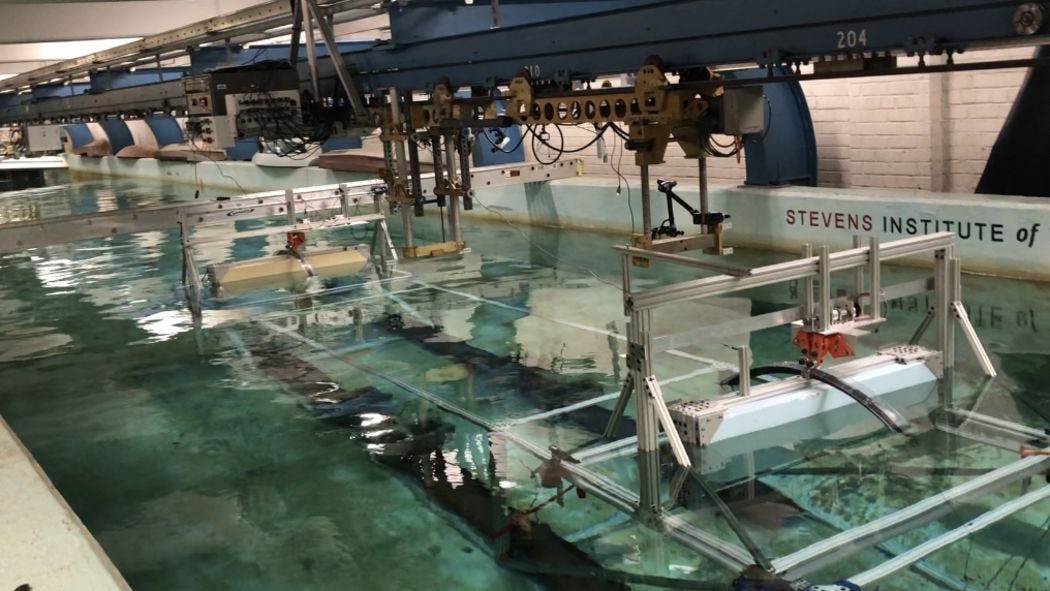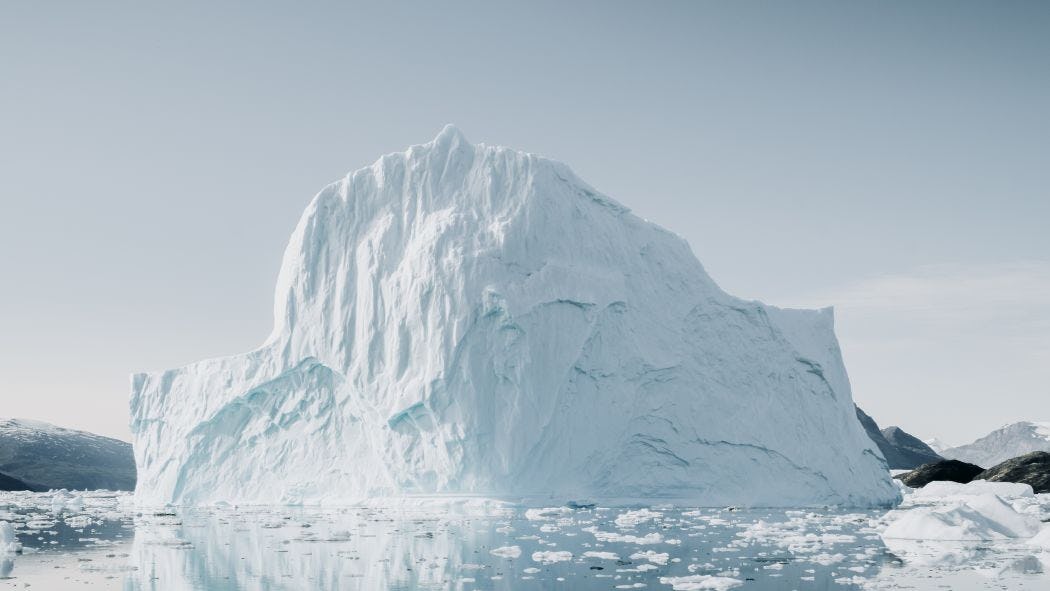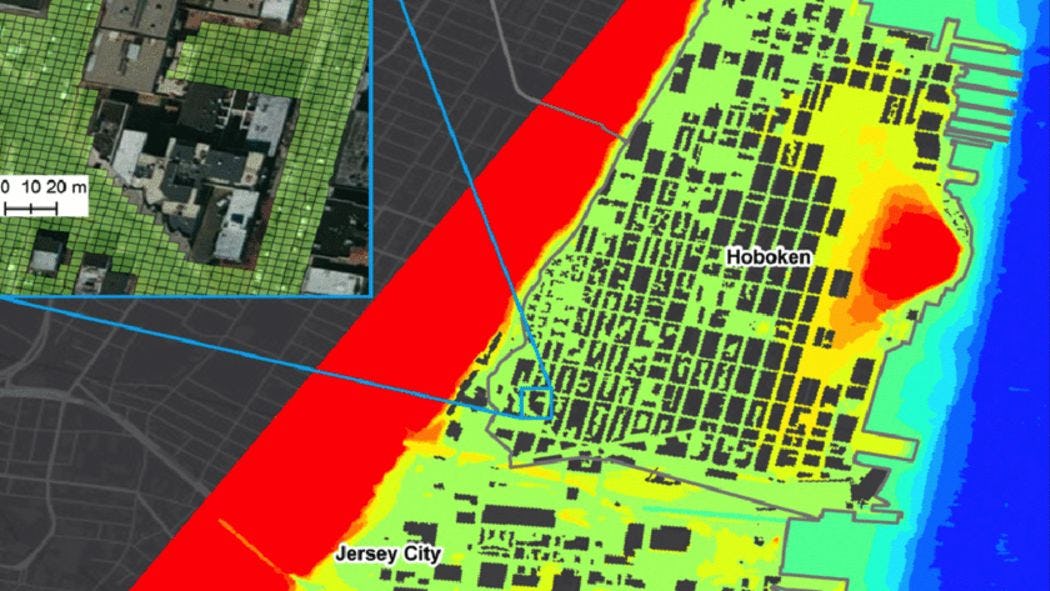Human well-being is very much connected to oceans, which regulate the climate, provide food, water and energy, support transport and trade, and are used for waste disposal.
Our research in this focus area supports development of technologies related to enhancing the resilience of coastal communities and design of advanced marine systems including:
Combination of physics-based simulations with machine learning to support prediction of low-probability/high-consequence coastal flooding
Development of broadly applicable approaches for flood modeling, risk assessment, climate change analysis, and benefit-cost analysis for flood risk reduction scenarios
Development of numerical models to support and improve coastal planning and design
Development of technologies to monitor coastal changes, improve design of shore protection technologies (living shorelines)
Leveraging progress in earth observation using in-situ and space-borne sensors along with other sources like citizen science and IoT to improve the modeling of hydrological and meteorological events with a focus on urban/coastal areas
Development of innovative technologies to design and deploy wave energy converters
Development of experimental techniques and computational tools to design, verify and validate hydrodynamics of advanced surface and subsurface vessels
Stabilization and control of supercavitating bodies
Dynamics and control of unmanned underwater vehicles
Development of bio-inspired swimming robots
Development of underwater vector sensing
Coastal, Marine and Naval Systems Researchers
Lear more about our oceanic and coastal systems faculty experts.






